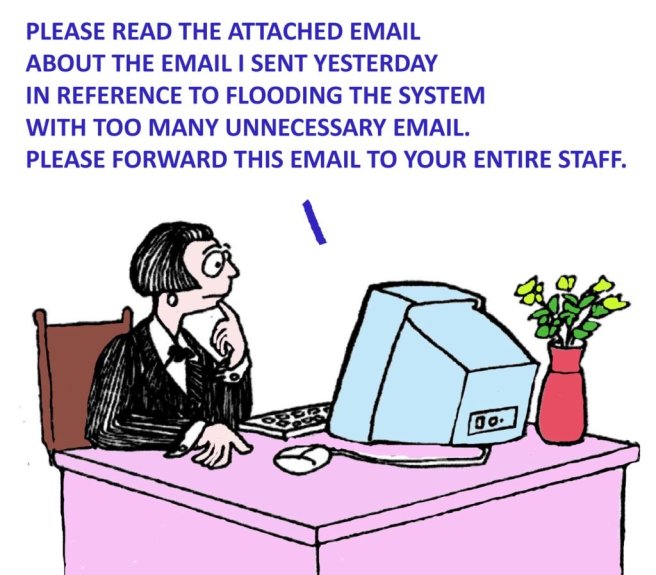
Working remotely is becoming increasingly popular. Why shouldn’t it? Remote work benefits both the company and the employee. The employee is able to work in a much less rigid environment and not waste time commuting back and forth allowing, or aiding, in a better work/life balance (note that I’m not a fan of that saying and I don’t believe it can ever be achieved). It benefits the employer because it is extremely less expensive than having to pay the overhead of having employees in an office which is becoming less and less economical.
However, working from home has some drawbacks. Such as not having the face-to-face time with the higher ups which for some may mean less chance of promotions. The thing I found the hardest was not having the daily conversations which allow me to get to know my team on a more deep level and therefore allows me to be a better manager. Not everyone is the same and the more you know each member of your team as an individual the better you are at foreseeing “problems” before they arise. Even though these are some very important examples, there are things we can do to minimize them. Here are four tips I use to make sure things run smoothly.
Clear Org Charts
Make sure everyone knows who management is. Especially new employees. Make sure they know to whom they report and to whom they should go for answers. I’m not a believer “in the boss is not to be bothered” or even that unless you’re at a certain level you should not be talking to anyone above you. However, but there are some people that are not as deep in the trenches of the day to day minutia and most likely will not know the answer to the smaller questions. A clear org chart will give the new employee a connection and a roadmap of where to go as well as a better idea of where they stand and the possibilities of where they might go.
I am a strong proponent of including a little information about what the person does so as to give the employee a better idea of who will be able to answer a specific question. For example, I would not go to a technology person to ask about legal research and probably not a project manager, although some have been paralegals or have been around the block so much that they can probably do legal research or at least be able to answer where to find the information.
Communication – Clear and Transparent
Giving clear instructions and information is always important. Possibly in the top three of importance. But never more important than when the team is remote. Make sure every member of the team understands the “ask” of the project and what their particular job is within the project. The way I manage this is to, after meeting with the team and giving them a brief background of the project (why we’re doing it and who needs it) I follow it up with an email confirming the steps we all need to take. I invite the team to ask questions at all steps of the project. I let everyone know that my in-office messenger is always available to them for a quick question and, because I’m only human, I let everyone know that I don’t always have the answers but most likely I know where to find the answers or at least find someone who knows the answers.
As for transparency? Set up check-in points with the full team and perhaps individually. This will depend on the project. It is important to give honest feedback and if something isn’t working it is important to share that information with the team. Who knows, they may have a solution and a fix for the problem. Be honest and up front if a mistake is made and clearly state it. Ask for feedback and move on.
Two Way Feedback
It is important to provide your team members with immediate feedback. It should never be a surprise when you are sitting at the end of the year review or at a mid-year review that there was something you did when you were in charge of project A or B. That is not the time to come up with what could have been done better. I am a firm believer in always giving feedback. Good or bad. This goes both ways. I very ofter ask my team members to provide me with feedback. This helps me make sure we are all on the same page and if I need to make changes to the way I manage.
The Right Technology
What can I say about this? It shouldn’t even be said but there are many occasions when a team member is not able to do their job because some part of the technology is not working. Make sure every team members is aware of the type of access they need, they know where to go get it and if they don’t have it or need special access you immediately approve all the requests. I usually try to set up a few minutes during our first launch meeting to make sure everyone on the team is set up appropriately and if not I ask them the make the requests at that time. This way we are all on the same page and I am able to approve all requests at the same time.
Can you think of any other important aspects of managing a remote team?
